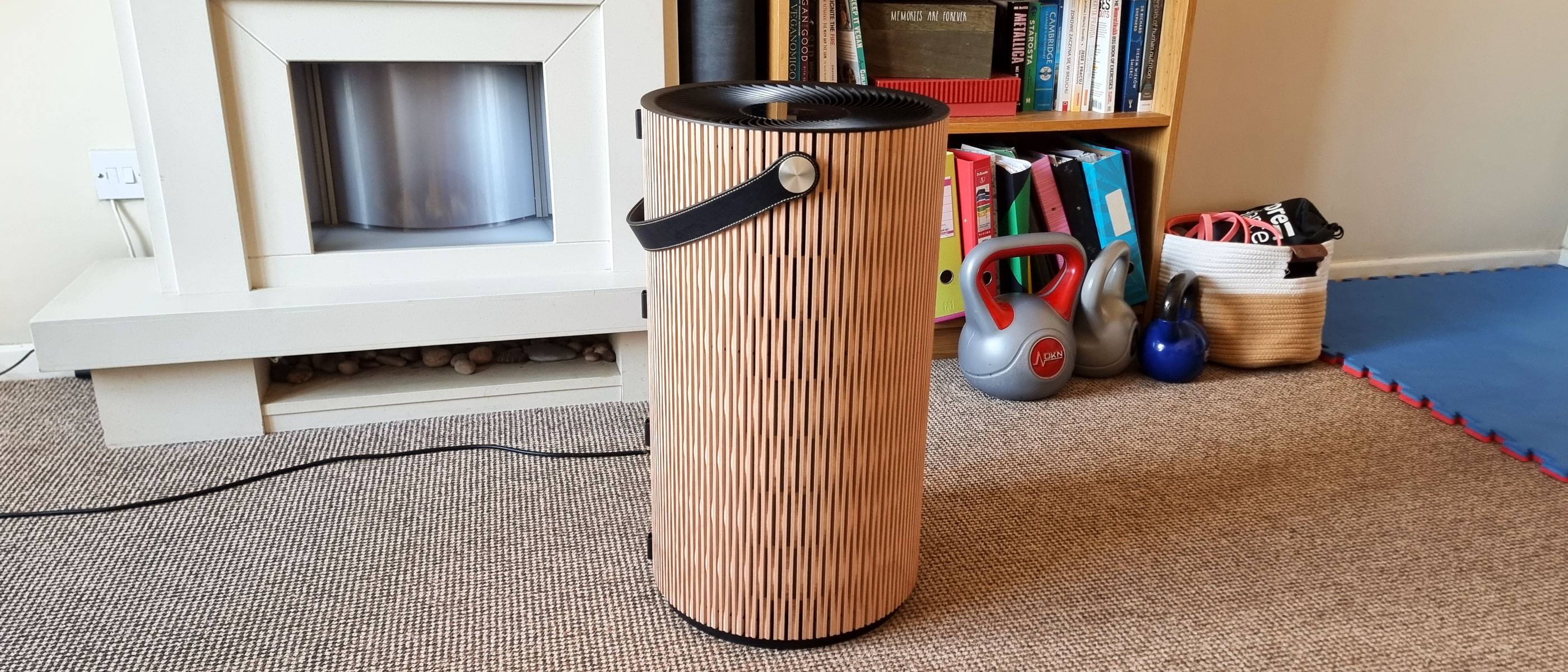How 'Teen Mom' Affects Teen Pregnancy

Get the world’s most fascinating discoveries delivered straight to your inbox.
You are now subscribed
Your newsletter sign-up was successful
Want to add more newsletters?

Delivered Daily
Daily Newsletter
Sign up for the latest discoveries, groundbreaking research and fascinating breakthroughs that impact you and the wider world direct to your inbox.

Once a week
Life's Little Mysteries
Feed your curiosity with an exclusive mystery every week, solved with science and delivered direct to your inbox before it's seen anywhere else.

Once a week
How It Works
Sign up to our free science & technology newsletter for your weekly fix of fascinating articles, quick quizzes, amazing images, and more

Delivered daily
Space.com Newsletter
Breaking space news, the latest updates on rocket launches, skywatching events and more!

Once a month
Watch This Space
Sign up to our monthly entertainment newsletter to keep up with all our coverage of the latest sci-fi and space movies, tv shows, games and books.

Once a week
Night Sky This Week
Discover this week's must-see night sky events, moon phases, and stunning astrophotos. Sign up for our skywatching newsletter and explore the universe with us!
Join the club
Get full access to premium articles, exclusive features and a growing list of member rewards.
Sometimes criticized for glamorizing teen pregnancy, MTV's popular reality shows "16 and Pregnant" and "Teen Mom" may have actually helped drive down the teen birth rate in the United States — at least that's what a new economics study argues.
At the same time, another recent study found that teens who watch the TV shows have a skewed idea of what it means to be a young mom; heavy viewers tend to believe that the stars of the shows have an enviable lifestyle, a high income and supportive partners, which is often far from the reality of teen moms who don't have a camera crew following them around.
The U.S. teen birth rate has been falling for the past two decades, but it declined sharply between 2008 and 2012. Federal data released last year showed that in 2012 there were 29.4 births per 1,000 girls ages 15 to 19, the lowest teen birth rate since the U.S. officially began tracking such data in the 1940s. [9 Months, 9 Symptoms: What Pregnancy Really Feels Like]
While the recession can likely explain most of the drop in the teen birth rate in the last several years, "16 and Pregnant" and its spinoffs may have contributed to one-third of that decline in the 18 months after it first aired in June 2009, the economics study argues.
"In some circles, the idea that teenagers respond to media content is a foregone conclusion, but determining whether the media images themselves cause the behavior is a very difficult empirical task," University of Maryland economist Melissa Kearney said in a statement.
For their study, which was published by the National Bureau of Economic Research, Kearney and her colleague, Wellesley College economist Phillip Levine, mined Nielson ratings, Google Trends, Twitter and national birth data. They found that searches and tweets about birth control and abortion climbed at times when the shows were on and in locations where the programs were popular.
Their analysis also suggests that the introduction of "16 and Pregnant" and the "Teen Mom" series may have brought about a 5.7-percent drop in teen pregnancies that would have been conceived between June 2009 and the end of 2010.
Get the world’s most fascinating discoveries delivered straight to your inbox.
Cautionary tale or dangerous dramatization?
When "16 and Pregnant" first aired, its producers intended to present cautionary tales about the consequences of unprotected sex and the difficulties of teen parenthood. But with sordid tabloid covers and even pornos featuring some of the stars, critics have questioned whether the show and its spinoffs have offered a more distorted picture of teen pregnancy.
Compared with the economists' broad analysis, two other researchers who interviewed individual teens found evidence of more unsettling impacts of the TV shows. Their paper, which was recently accepted by the journal Mass Communication and Society, suggests that many viewers of the reality shows don't see the young moms as struggling, but instead think they have an enviable quality of life.
"Heavy viewers of teen mom reality programs were more likely to think that teen moms have a lot of time to themselves, can easily find child care so that they can go to work or school and can complete high school than were lighter viewers of such shows," wrote communications researchers Nicole Martins of Indiana University Bloomington and Robin Jensen of University of Utah.
Martins and Jensen surveyed 185 high school students ages 14 to 18. Since the researchers couldn't ask the teens about their sexual activity, the study couldn't draw conclusions about how "16 and Pregnant" and "Teen Mom" may have directly influenced the teens' behavior. But they were able to link heavy watching of those reality shows with unrealistic perceptions of what it's like to be a teen mom.
"The fact that teens in the study seemed to think that being a teen parent was easy might increase the likelihood that they'll engage in unsafe sexual practices because that's not a real consequence to them," Martins said in a statement. She expressed concern that gossip magazines often feature stars of the show like Farrah Abraham, who "repeatedly is on the cover of Us Weekly for all the plastic surgery that she's had."
"Well, a teen mom living in this country can't afford that; most unmarried teen mothers are on welfare," Martins noted.
Follow Megan Gannon on Twitter and Google+. Follow us @livescience, Facebook & Google+. Original article on LiveScience.

 Live Science Plus
Live Science Plus










